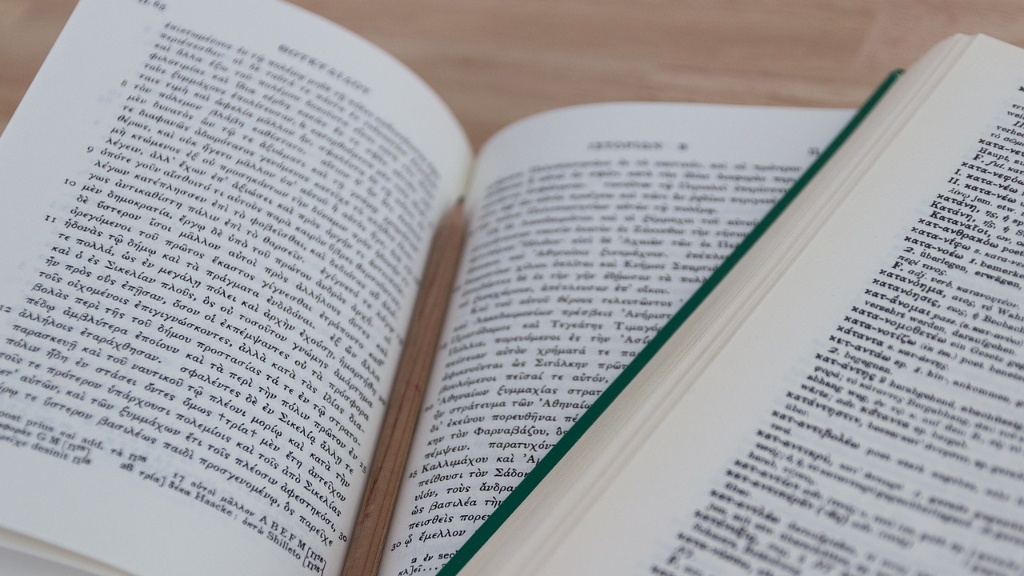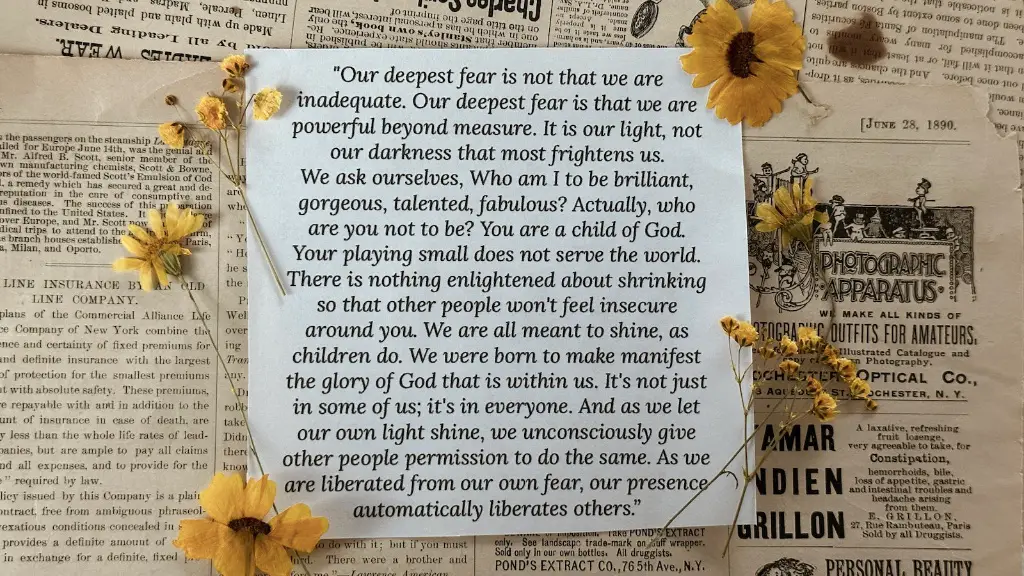Background information
Poetry is more than just words on a page; it is an art form that conveys emotion, feelings, and imagery. It has been around for thousands of years, and for centuries it has been used as a way to express ideas and feelings. In fact, it is believed that poetry might have been the earliest form of writing. Today, poetry continues to be an important and powerful form of communication. Learning poetry can be a rewarding and enriching experience, and there are a few key tips and strategies to keep in mind in order to get the most out of it.
Outlining concepts
One way to approach learning a poem is to begin by breaking it down into its individual concepts. This process can help to make the poem easier to understand and bring out the central idea that the poet is trying to convey.
Start by identifying the main characters, themes, and images. Take note of figurative language and the use of metaphor, as these elements may help to distill the poem’s core. Also look out for patterns and repetitions, as they can be key to unlocking the message the poem is trying to impart.
Understanding Structure
Poems come in many different forms and styles, and understanding the structural elements of the poem can help to make sense of it. Knowing the form of a poem helps to get a sense of how the poem flows and carries the reader along.
Look for the rhyme scheme, line length, and metrical patterns in the poem, as these elements can help to uncover the poem’s structure. Also pay attention to the meter and rhythm, as these give the poem a unique sound that may not be evident in the written form.
Focusing on Language
One of the most important aspects of understanding a poem is being able to interpret the language within it. Dive into individual words and phrases, noting how they are used in the poem to convey meaning.
Look out for any play on words or hidden meanings that the poet may have included, as they can help to bring out the nuances of the poem. Picking up on double meanings can also help to make the poem more enjoyable to read, as it engages the reader on multiple levels.
Having Fun with it
Learning poetry does not have to be a daunting task; in fact, it can be a fun and rewarding activity.
Try to approach the poem with an open mind, and don’t be afraid to experiment with it or make connections to different ideas and experiences. Making the poem relevant to your life can be a great way to immerse yourself in it and truly understand the meaning of the poem.
Inspiration and Practice
When it comes to learning poetry, having the right inspiration and committing to regular practice can make a huge difference. Seek out other works of poetry that may be inspiring or meaningful, as these can help to spark ideas and offer alternate perspectives.
Also, make sure to allocate time for regular practice and reading, as this will help to keep momentum up and reinforce your understanding of the material.
Taking it Further
Once you have a solid understanding of the poem, think about ways to take your understanding to the next level. Try to think about the context of the poem in comparison to other works of art or literature, as this can help to bring out any underlying messages that may have been lost in the poem itself.
Also consider the way the poem may be interpreted differently by different audiences, and how knowing this may affect the way you read and understand the poem.
Exploring Poetry Through Writing
One of the best ways to learn and appreciate poetry is by writing it yourself. This can help to connect you to the material in a uniquely personal way.
Start by writing out your own version of the poem, taking inspiration from the original piece. Consider what elements you want to keep and how you want to modify them. This process can be a great way of deepening your understanding of the poem and finding new and creative ways to bring out the message.
Exploring Poetry Through Performance
Once you have a good grasp of the poem, you may consider exploring it further through performance. Knowing a poem well enough to perform it can be a great way to really get a feel for it and convey its meaning to an audience.
Try to develop a few key performance elements that illustrate the poem’s main ideas or emotions. You can use physicality and vocal variations to bring out underlying themes or imagery in the poem. This can be especially helpful if you plan on performing it on stage or in front of a group of people.
Analyzing New Perspectives
Finally, once you have become familiar with the poem, try to look at it from a different point of view. This can help to deepen your understanding of the poem and potentially provide a new insight into the poem’s true meaning.
You may come across other interpretations of the poem that could have been shaped by different cultures or climates. Taking these alternative views into consideration can help to shed light on overlooked themes and ideas, and also provide a way to compare and contrast your own understanding of the poem.


